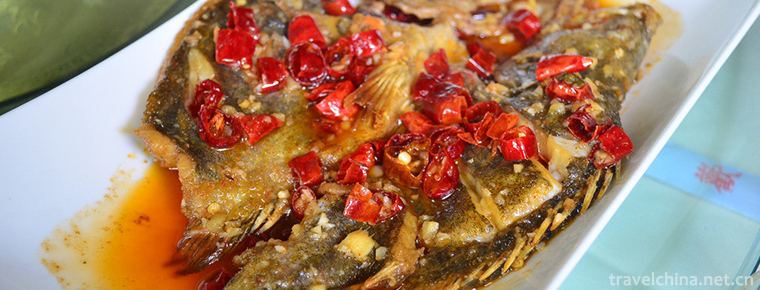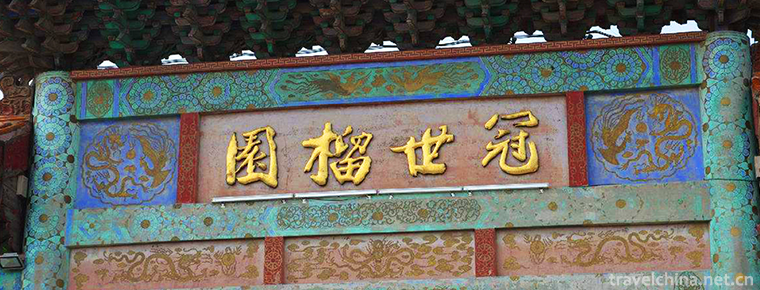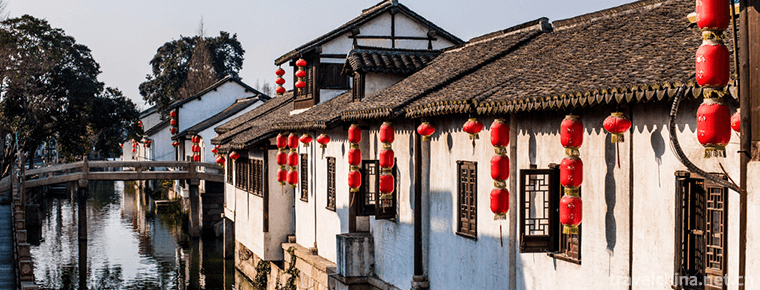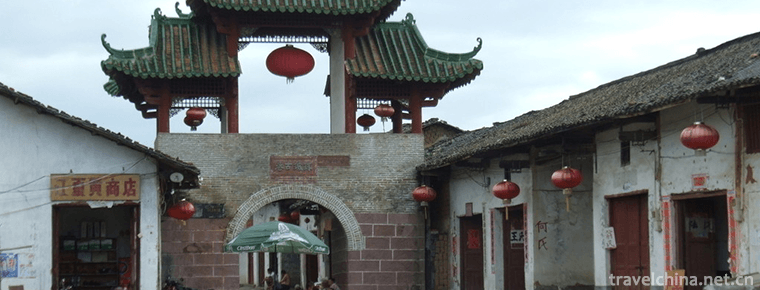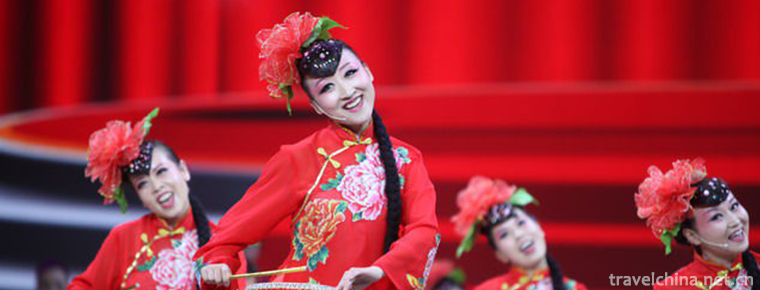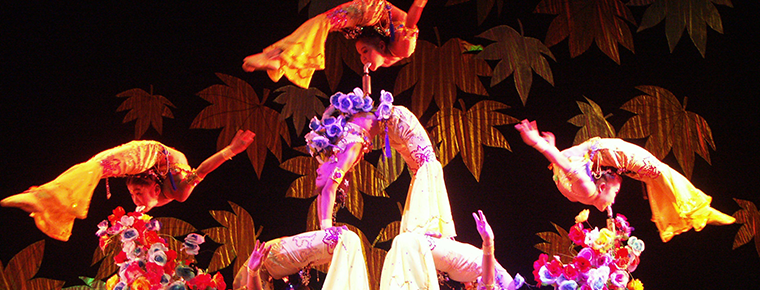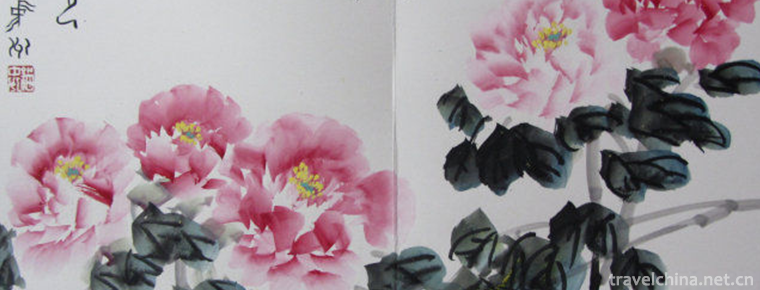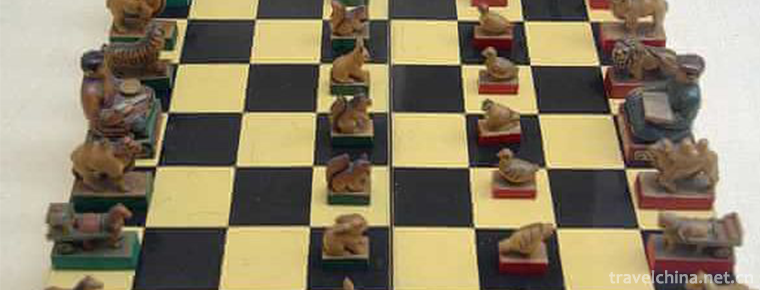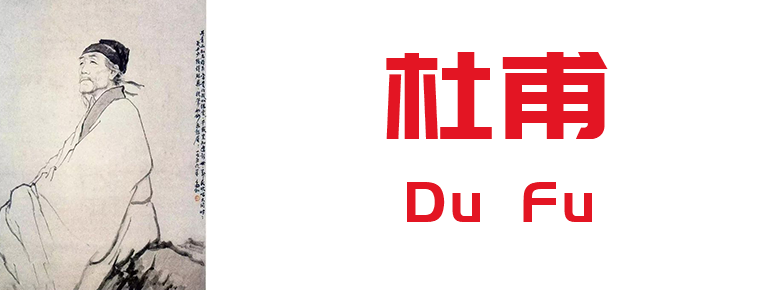Manchu Folk Stories
Manchu Folk Stories
Liaoning is a region where Manchu people have formed, risen and grown up. It contains extensive and profound Manchu cultural relics and connotations. Manchu folktales originated from the Manchu people's transition from "fishing and hunting" to "farming", and were closely contacted and integrated with the Han culture, gradually forming the cultural characteristics of Manchu-Han mixed culture, a specific historical stage. These characteristics are clearly reflected in the stories of collective creation, inheritance from generation to generation, and "record" the world of their lives and meanings by the Manchu people in Liaoning Province.
On June 7, 2008, it was approved by the State Council to be included in the second batch of national intangible cultural heritage list.
Inheritance significance
The "Manchu Folk Stories" project was declared by Liaoning Provincial Association of Folk Literators and Artists, and was successfully selected into the second batch of national intangible cultural heritage list. Following that, the author conducts resource survey, field investigation, data collation, project text and video production of Manchu folk tales in Liaoning Province. At the same time, according to the results of the survey, the author uses the theories of ethnology, folklore, anthropology and sociology to study the historical and cultural value of Manchu folk tales.
Table distribution
Manchu mythological works accounted for 60% of all titles, and legends of Qing Dynasty were less than 5%. The same collection of similar stories published in Acheng area of Heilongjiang Province, the legends of ancestors'entrepreneurship accounted for about 50%, and legends of Qing Dynasty accounted for about 30%. If we divide the "Story Volume of Chengde Area" by percentage, it can be said that the historical figures, scenery and historical legends of the Manchu people in the Qing Dynasty accounted for about 50% of all the chapters, and other stories reflecting Manchu customs and life accounted for about 5%, while the original Manchu myths and ancestor entrepreneurship legends did not. Undoubtedly, the Manchu folktales in Northeast China depict the social life of Manchu ancestors in the pre-Qing period. Chengde reflects the social life of the Manchu people in the Qing Dynasty.
primary coverage
Odori Mafa
There are twenty-seven villages in the lower reaches of the Huerha River. There are three herds of animals in this place, one is the old bear herd, the other is the wild boar herd, the third is the wolf herd, and the voles always inform them, and then, in the chaos to find benefits. Three herds of animals have been attacking and disturbing in turn, and people's lives are very poor. Later, from the upper reaches of the Huerha River came an old man, Odori Mafa. He taught people to practice archery and knife skills. Finally, he defeated three herds of animals. The people regained their happy life, and the old man went to other places. Odori Mafa was later worshipped as the "hunting god".
Stone Manni
It is said that Shimani was the great Sama of Sumuhara in Xianfeng. He is supernatural, eliminating evil and disease, and rescuing difficulties. This is a record of three short stories about him. One is "rescue the calf waiter", which is about a village called "two families" in the North Bank of the middle reaches of Mudanjiang River. A child named "Chong'a" herded cattle to his four grandfathers at the age of twelve. Xiao Chong'a's four elders, nicknamed "Four Points", abused Xiao Chong'a and forced him to work all day, but did not let him eat enough, nor let him sleep well. Chong'a's life was very bitter. Once, the cow was shocked and swam across the river. Chong A cried in a hurry. Da Sama helped him and decided to punish the "four tips". He falsely deposited two buckets of rice in a four-pointed barn. At night, the rice grains became countless mice, stole the grain and delivered it door to door. "Four Points" knew that it was Chong A Bao's letter and abused him even more. Da Sama decided to punish him thoroughly. He had a headache because of the spell. No one could cure him well. Only Chong A could live a good life. However, the "four-pointed" made him bad, deceived him into treating his illness and began to mistreat Chong A. However, Toli was not able to do it well in his hands. Finally, the "four-pointed" died of his headache. The second is "rescuing Pearl pickers". It is about a poor old pearl picker in Hailang estuary who picked up a rare pearl, but was forcibly taken by Zhang Jing of the Ang Bang of Yamen in the name of false pearls. He prepared to go to Beijing to offer his jewels. Da Sama became the military aircraft minister who inspected the Pearl and put it in his place on purpose. Then he applied the law to make it false and force it to hand over the pearls. Thirdly, "rescue the pottery salesman", refers to a pottery craftsman named Niu Gulu, who lives in the middle of the river fork. This year, the rain is continuous and the flood is coming, but Niu Gulu does not know. Big Samar, incarnated as an old man, broke into the house, picked up valuable things and ran away. Niu Gulu was chasing after him, thus avoiding a disaster.
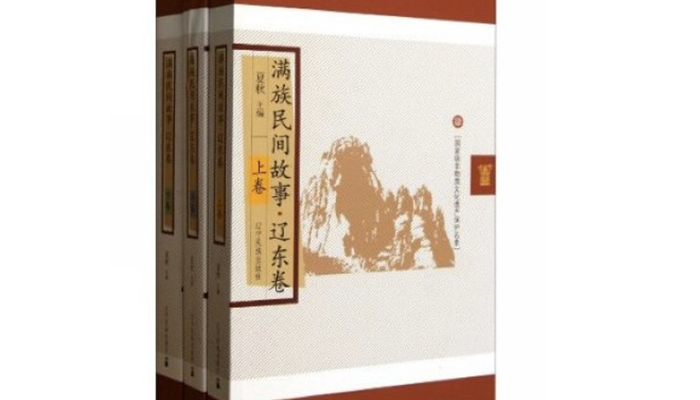

Manchu Folk Stories
-
Stinky mandarin fishMarinate mandarin fish
Stinky eel, also known as Stinky Osmanthus, Barrel Fresh Fish, Barrel Fresh Fish, Pickled Fresh Fish, is a traditional Huizhou dish, one of the representatives of Huizhou cuisine.
Views: 299 Time 2018-11-02 -
Guanshi Pomegranate Garden Eco cultural Tourist Area
Guanshi Pomegranate Garden Eco-cultural Tourist Area is located in the south of Zaozhuang City, Shandong Province, and in the west of Fucheng District. It is 22.5 kilometers long in East and 22.5 kilo
Views: 172 Time 2018-12-26 -
fengjing ancient town
Fengjing Ancient Town, which belongs to Jinshan District of Shanghai, is located in the southwest of Shanghai and borders five districts and counties of Shanghai and Zhejiang. It is the most important
Views: 134 Time 2019-01-12 -
Pearl Lane
Zhuji Lane, located in Zhuji Village, Zhuji Town, Nanxiong City, Guangdong Province, covers an area of about 3 square kilometers. Zhuji Ancient Lane is one of the national 4A scenic spots and one of t
Views: 264 Time 2019-03-20 -
Heluo drum
Heluo Dagu, commonly known as "Shuoshu", is one of the traditional local songs in Henan Province.
Views: 191 Time 2019-05-03 -
Jianhu acrobatics
Jianhu acrobatics is a kind of traditional acrobatics art of Han nationality, which originated and spread in Jianhu County, Yancheng City, Jiangsu Province. Historically,
Views: 91 Time 2019-05-05 -
Luoyang Peony Festival
The Chinese Luoyang Peony Culture Festival, formerly known as the Luoyang Peony Flower Festival, has been selected into the national intangible cultural heritage list since 1983. In November 2010, it
Views: 125 Time 2019-05-15 -
Shatar Mongolian chess
Mongolian chess is a popular folk sports game in Inner Mongolia. Generally speaking, there are two types of Mongolian chess, one is Shatar with 8 x 8 squares on the chessboard, the other is Hayashatar
Views: 222 Time 2019-06-03 -
Du Fu
Du Fu (712 - 770 years), Zi Zi Mei, from the Shao Ling old man, Tang dynasty Great realistic poets, and Li Bai It is called "Li Bai". Originally from Xiangyang, Hubei, Henan county. With two
Views: 432 Time 2019-09-07 -
Fobao ancient town
Fubao ancient town is an ancient town with a long history in Hejiang County, Sichuan Province, 42 km away from Hejiang County, Sichuan Province. It is a historical town, a famous cultural town, a tourism town, and an important business town in the junction of Sichuan, Guizhou and Chongqing. It was built in the late yuan and early Ming Dynasty, more than 600 years ago, it is named Fobao, and it is the gateway of national Fobao forest park.
Views: 160 Time 2020-10-16 -
Public education in Chengdu Giant Panda Base
From 2003 to 2016, Chengdu base received more than 100000 primary and secondary school students at home and abroad, and trained more than 800 volunteers; went to colleges and universities, communities, primary and secondary schools, kindergartens and nature
Views: 368 Time 2020-12-13 -
Suining social security
By the end of 2019, there were 23400 registered unemployed people in Suining, with the registered unemployment rate of 3.62%. 855000 people participated in the basic endowment insurance for urban employees, an increase of 114800 over the end of last year.
Views: 149 Time 2020-12-16
